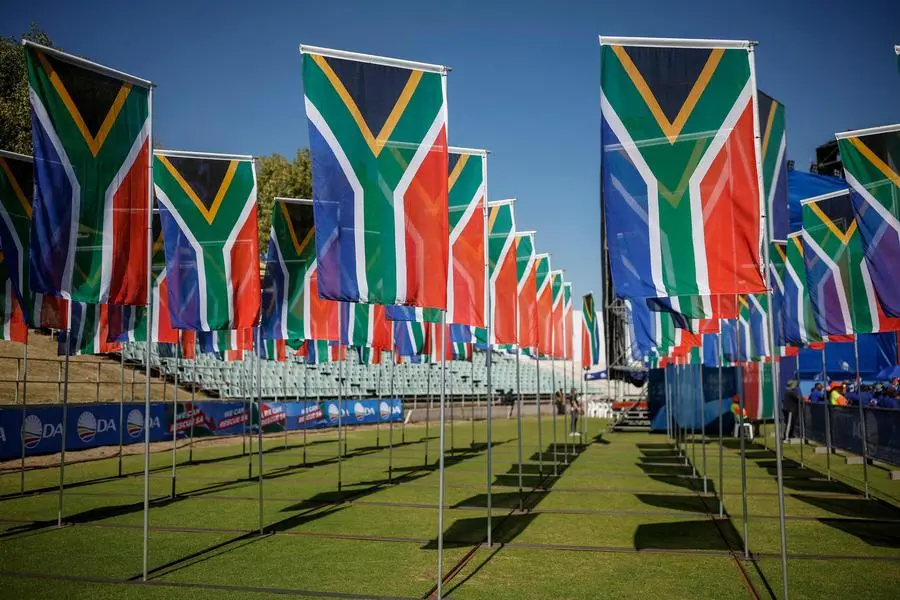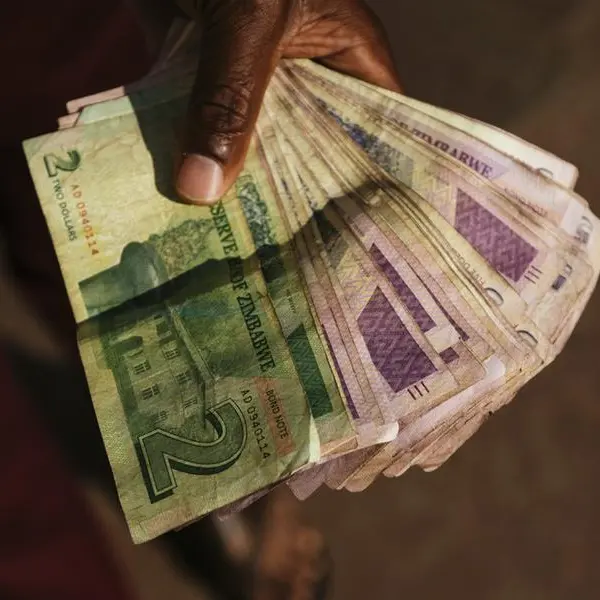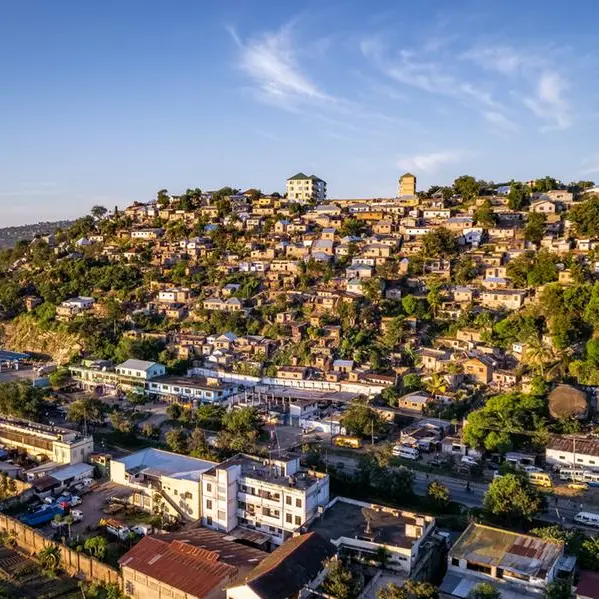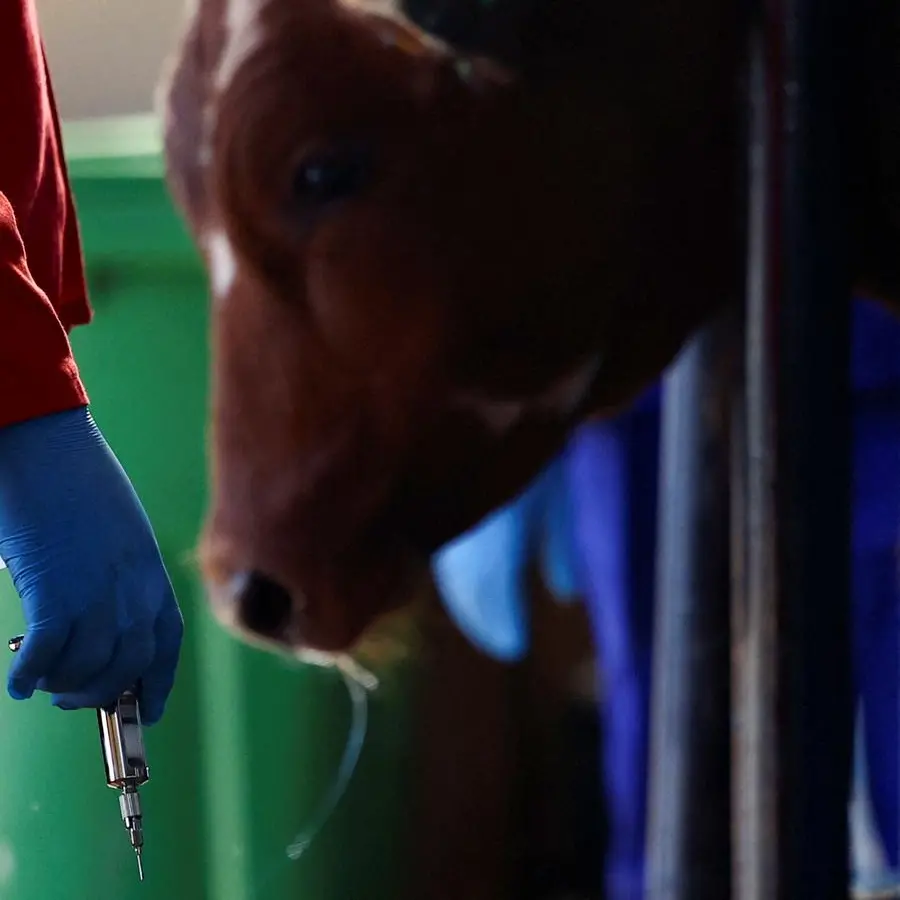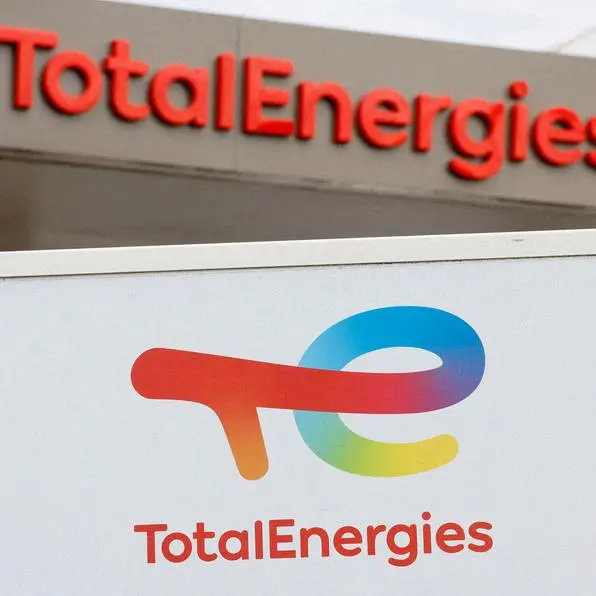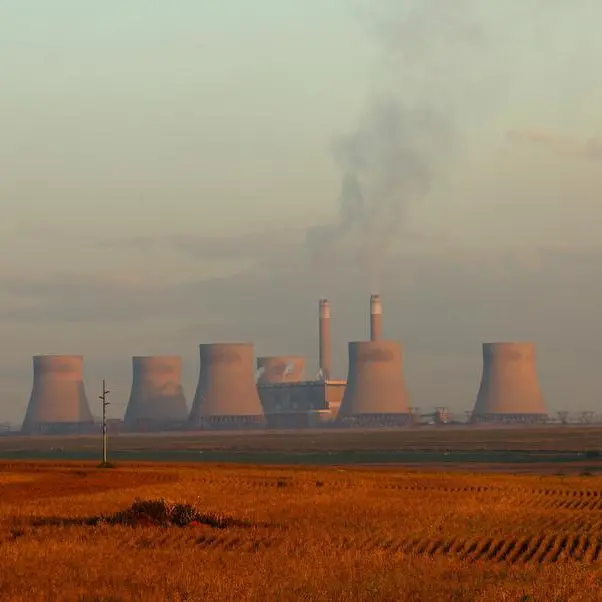PHOTO
Early voting got under way in South Africa Monday, kick-starting what could be a historic election week, with the ruling African National Congress' majority on the line for the first time.
More than 600,000 of the elderly and infirm, along with essential workers, police and prisoners, deemed unable to come to the polls on Wednesday were allowed to vote first.
In the Yeoville Recreation Centre in Johannesburg, early voting proceeded slowly but smoothly, according to Independent Electoral Commission (IEC) presiding officer Pamela Nkosi.
Only four of the 200 people registered to vote at the station had been processed by 11:00 am (0900 GMT), two hours after polls opened, but half a dozen more were waiting. Nkosi said: "We are expecting the turnout to build as the day goes by."
Philemon Makweng, a 62-year-old retiree wrapped up in a hat and sweater against the cool winter morning, has voted in every election since 1994, but was pleased for the chance to turn out early this year.
"I am avoiding the queues of those youngsters who are coming on Wednesday, they push us," he told AFP.
- Winning streak -
The rest of South Africa's 27-million-strong registered electorate will be called on Wednesday, and opinion polls point to the ANC falling under 50 percent for the first time in 30 years of democracy.
If left with no absolute majority in the 400-seat National Assembly, President Cyril Ramaphosa will have to negotiate support from other parties to return to power and maintain the ANC's winning streak.
Full results are not expected before the weekend.
Steven Gruzd, a political analyst at the South African Institute of International Affairs (SAIIA), said it was "an extremely important election for South Africa".
"It is the seventh one since the democracy came in 1994, and... the ANC is under enormous pressure," he told AFP.
"It achieved 57 percent in the last national elections but all the opinion polls say that it will drop considerably -- and most of them say below 50 percent."
Under South Africa's post-apartheid constitution, MPs are elected on a party list system, and the executive president is chosen from among their number in a vote by the Cape Town-based parliament.
If the ANC has fewer than 201 seats out of 400, Ramaphosa would have to negotiate with opposition parties and independent MPs to secure a majority and return to government headquarters in Pretoria.
After three decades in power as the lead party of the anti-apartheid struggle, the ANC finds its record under attack.
Criticised for soaring crime and unemployment, accused of overseeing corruption and rolling power cuts, Ramaphosa's government is beset by both the liberal right and the radical left.
The centre-right Democratic Alliance (DA) has vowed to "Rescue South Africa" by rolling back the ANC's race-based economic empowerment programmes and to boost growth through privatisation and deregulation.
From the left, he faces two groups that split from the ruling party, former president Jacob Zuma's uMkhonto weSizwe (MK) and former ANC youth leader Julius Malema's Economic Freedom Fighters (EFF).
- Crime and poverty -
Some analysts predict that the ANC will shore up its numbers through patching up its differences with one or both of the MK and EFF, while others -- like Gruzd -- expect an alliance with a group of smaller parties.
There are 52 political groups in total on the national ballot that could in theory contribute seats to a new narrow majority.
This would be a historic evolution in the country's democratic journey, and many South Africans turning out for Monday's advance voting seemed hungry for change.
Lulama Mayeki, 59, will work as an impartial election clerk on Wednesday, so she came out on Monday to perform her own civic duty, telling AFP that it was the first time she had changed party.
"Hopefully they will bring a big change," she said. "I trust that they will fight crime, poverty, overcrowding."
